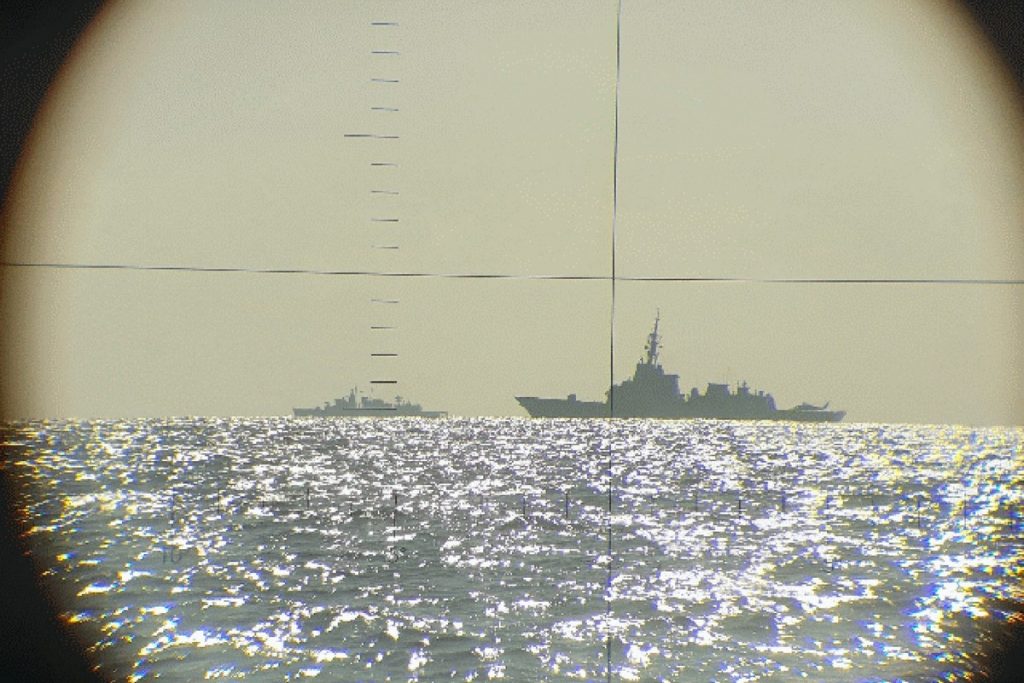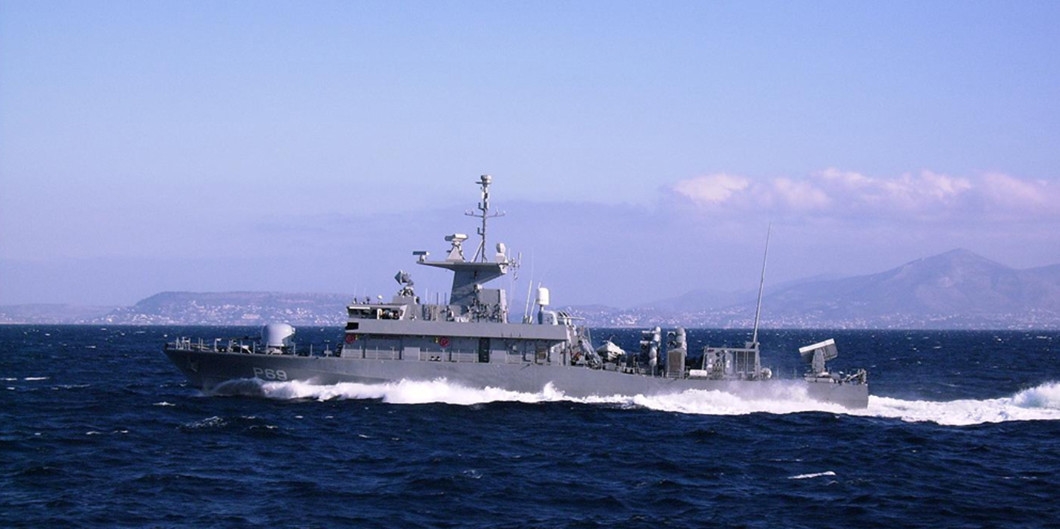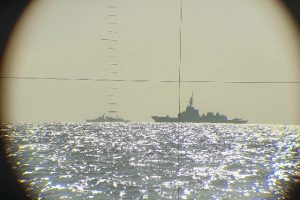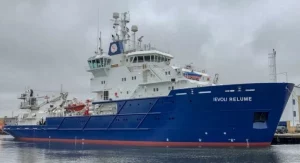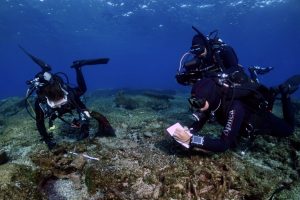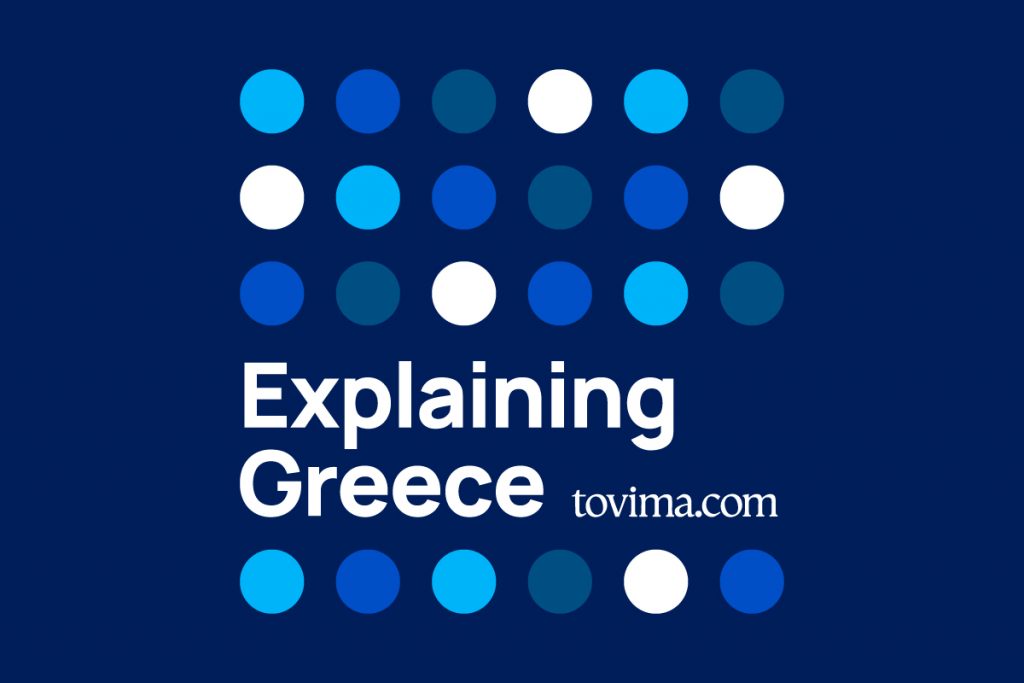Greek defense sources in Athens on Friday were quick to respond – albeit in an unofficial manner – to a flurry of claims and assertions by Turkey’s defense ministry over the past week, mostly centering on attempts to block research conducted by an Italian vessel for a future undersea cable connecting Crete and Cyprus in Turkey’s imaginary and illegal EEZ.
Ankara reverted to “gunboat diplomacy” in an effort to hamper the activities of the research vessel off the southeast Aegean Island of Kasos, which is located between Karpathos – also part of the Dodecanese – and Crete.
Sources in Athens flatly dismissed Turkish claims of “respect” given to Ankara’s contention that any waters extending past six nautical miles from any island territory in half the Aegean, the extensive portions of central and eastern Mediterranean are part of a “Turkish EEZ”. The contention by official Turkey emanates from a baseless and illegitimate exercise in “Turkography” via the signing of a delimitation agreement with an interim government in far-off Tripoli, Libya. Essentially, the two non-adjacent states attempted to “erase” all island territory between their land masses – Asia Minor and North Africa – and simultaneously ignore all relevant provisions in the UN Convention for the Law of the Sea (UNCLOS).
On Friday, Greek sources reiterated that Turkey’s actions are illegal and in conflict with the legitimate delimitation agreement between Greece and Egypt.
In post on X, the Turkish side claimed that the Italian-flagged vessel was “blocked” by Turkish warships on July 22.
The post, in Turkish, claims:
📝 Atina, kıta sahanlığımızı tanıdı!
🔸 Ege Denizi’nde uluslararası yasalara aykırı hareket eden Atina, karşısında Türk donanmasını bulunca Türkiye’ye boyun eğdi.
🔸 D. Akdeniz’de Türkiye’den izin istedi.https://t.co/dBc9k2JkTt pic.twitter.com/Eh5nUVNe5N
— Türkiye Gazetesi (@turkiyegazetesi) July 26, 2024
In “running” with the Turkish ministry’s claim in the following days, a portion of the press in the neighboring country assessed that “Greece Recognized Our Continental Shelf”, as one headline read.
Another front-page headline misled its readers by bannering the following: “Greece, which tried in every manner to make the world believe the claim that the continental shelf in the Aegean is 12 miles, came face-to-face with an unforeseen situation in the eastern Mediterranean.”
Beyond the Turkish-language “fake news” sphere, however, Greece has not exercised its right, under UNCLOS and customary law, to extend its territorial waters to 12 nautical miles. Athens has maintained, however, that it retains the right to do so at its convenience.
Turkey, a perennial EU candidate, has neither signed, let alone ratified UNCLOS.
The more-or-less deceptive media disinformation came in the wake of statements released from recent sessions of Turkey’s national security council – chaired by President Recep Tayyip Erdogan – regarding the Cyprus, the Aegean and the situation in the eastern Mediterranean. With reference to developments in the Aegean and the east Mediterranean, one statement read: “It was emphasized that our constructive approach, which prioritizes dialogue on the issues of the Aegean and the Mediterranean, will not be exploited … it was pointed out that the uncompromising practice of defending our rights and interests will continue.”
The “unique”, by international legal and maritime standards, Turkish-Libyan memorandum was also cited on Thursday by Turkish Foreign Minister Hakan Fidan.
